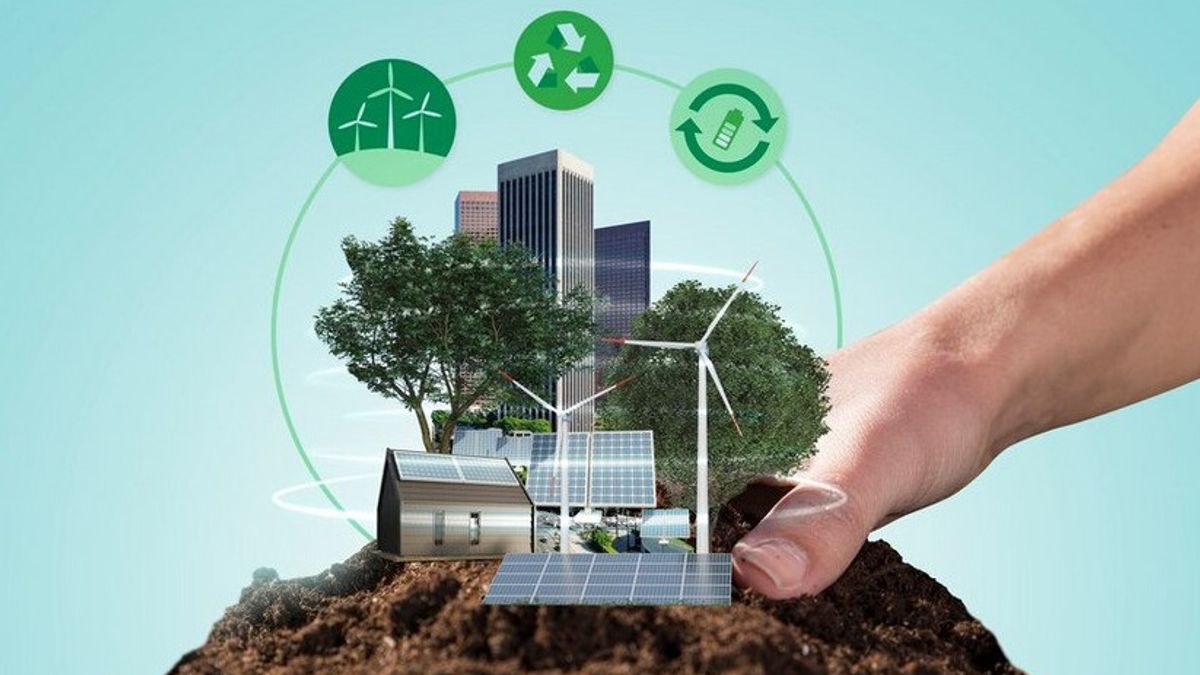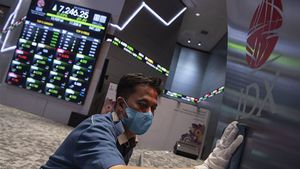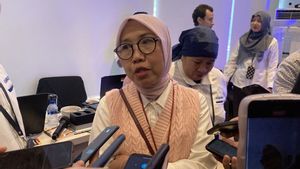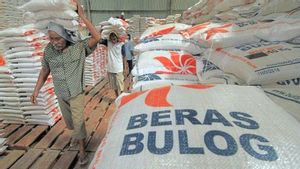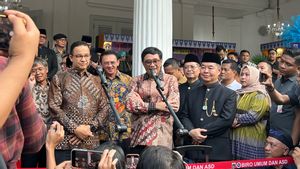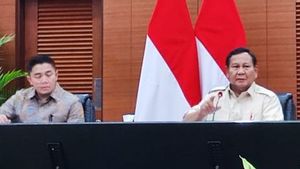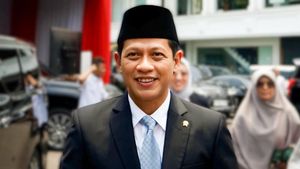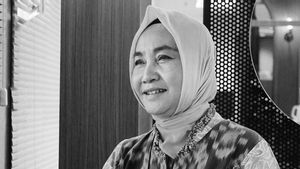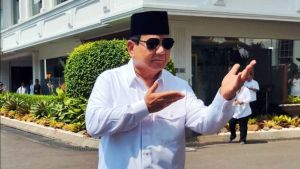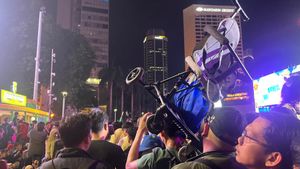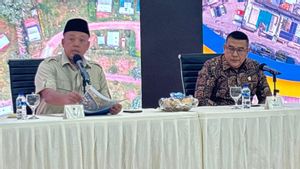Sustainable development, like a wave sweeping across the global agenda, raises a number of questions and challenges. In Sunday night's vice presidential debate, the issue of sustainable development was also mentioned. In an era where development is often interpreted as mere economic growth, do society and government truly understand the essence of sustainable development?
To understand the basis of sustainable development, let's look at its basic definition according to the UN: development that meets the needs of current generations without compromising the capabilities of future generations. However, to what extent is this understanding reflected in policy and practice in Indonesia?
One of the challenges that arises is the integration of the concept of sustainable development into national policy. Even though many countries, including Indonesia, adopted the UN's 2030 Agenda with 17 Sustainable Development Goals (SDGs) as a guide, the question now is how far is the implementation? The Bappenas report shows progress, but significant inequalities remain among the targets to be achieved.
It must be remembered that sustainable development is not only the responsibility of the government. The private sector has a key role in creating a positive impact. For example, a CSR program that focuses on social, environmental and economic aspects could be considered a good first step. But, is it time to increase transparency and accountability in implementing CSR programs?
It is also important not to ignore the role of universities and research institutions. They have a responsibility as agents of change through research and education. Sustainability is not only about ecology and social, but also involves economic dimensions.
However, the question is, is our understanding of sustainable development deep enough? In the book "Sustainable Development: Social, Economic and Environmental Dimensions" compiled by a cross-ministerial team, sustainable development is defined as an effort to manage resources and the environment wisely, improve community welfare, and maintain economic sustainability.
SEE ALSO:
The success of sustainable development cannot be separated from active community participation. The community has a key role in monitoring and demanding accountability from policy makers. Initiatives such as SDGs in Indonesia invite the public to participate in achieving sustainable development goals. However, the question is, does society understand its role adequately?
From the several perspectives presented, it is clear that sustainable development is not just rhetoric. There needs to be real action and involvement of all parties. Even though the principles and goals of sustainable development are very good, has their implementation reached the expected stage?
So, we need to look at sustainable development as long-term investment. This investment is not only for the benefit of the current generation, but to leave a better world to future generations. Therefore, synergy between government, private sector, universities and society is needed to achieve truly sustainable development.
Sometimes, like walking down a tunnel of time, we have to ask ourselves, "Will our choices and actions now have a positive impact in the long run?" In the context of sustainable development, the answer to that question may determine the future direction of our civilization.
The English, Chinese, Japanese, Arabic, and French versions are automatically generated by the AI. So there may still be inaccuracies in translating, please always see Indonesian as our main language. (system supported by DigitalSiber.id)
